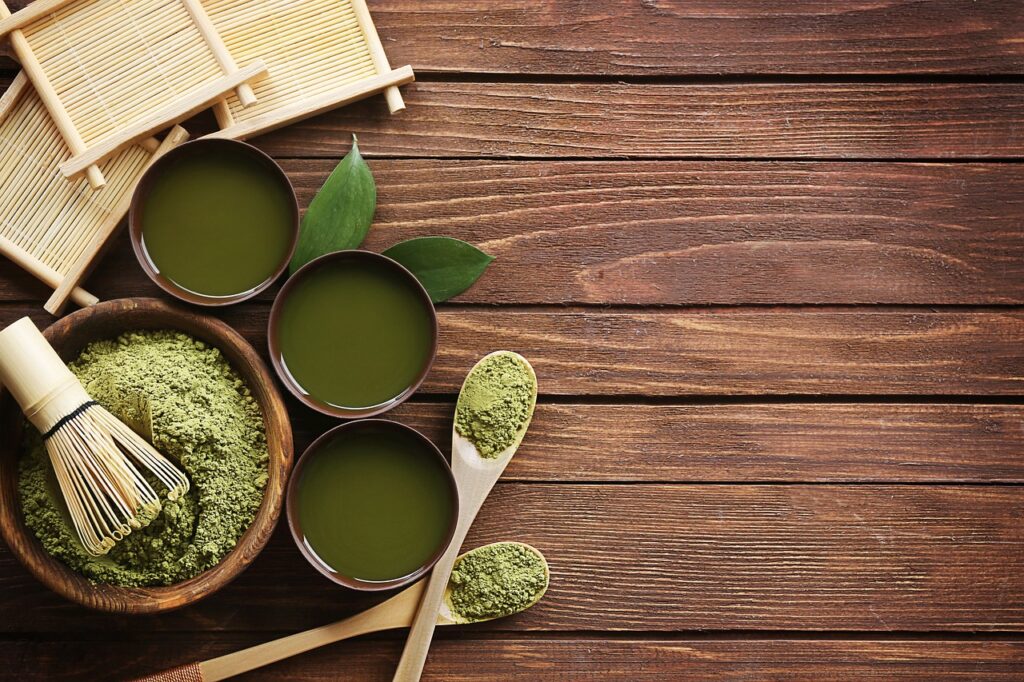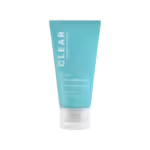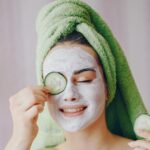Face masks have become a vital component of skincare routines, especially for individuals with acne-prone skin. Their targeted treatments and intensive formulations provide unique benefits that can significantly improve skin clarity and health. Unlike other skin types, acne-prone skin is characterized by excess oil production, clogged pores, inflammation, and a propensity for bacterial growth. Face masks, specifically formulated for acne-prone skin, offer unique benefits that address these issues directly, making them a crucial part of any skincare regimen.
Related Blog: 11 Best Face Masks for Acne – Transform Your Skin Today
Disclosure: As an Amazon Associate, we earn from qualifying purchases through affiliate links.
6 Benefits of Facial Masks for Acne Prone Skin
1. Deep Cleansing and Pore Unclogging
Benefits for Acne, Pimple:
Face masks, particularly those formulated with clay or charcoal, have a powerful ability to deeply cleanse the skin. They penetrate into the pores to draw out impurities, excess oil, and toxins that can lead to acne.
Importance for Acne-Prone Skin:
One of the primary causes of acne is clogged pores. Sebum (oil), dead skin cells, and impurities accumulate in the pores, leading to blackheads, whiteheads, and other acne lesions. Face masks designed for deep cleansing contain ingredients like clay and activated charcoal, which penetrate the pores to remove these impurities.
Comparison with Other Skin Types:
While all skin types benefit from regular cleansing, acne-prone skin needs more intensive pore-cleaning treatments to prevent breakouts. For normal or dry skin, mild cleansing is often sufficient, but acne-prone skin requires deeper detoxification.
2. Oil Control and Sebum Regulation
Benefits for Acne, Pimple:
Many face masks for acne-prone skin are designed to absorb excess oil and regulate sebum production, which is crucial for preventing acne breakouts.
Importance for Acne-Prone Skin:
Excess oil production is a major contributor to acne. Face masks with ingredients like kaolin clay, salicylic acid, and tea tree oil help to absorb excess oil and regulate sebum production, reducing the likelihood of clogged pores and breakouts.
Comparison with Other Skin Types:
Oily skin types also benefit from oil-control masks, but the need is even more critical for acne-prone skin to prevent acne formation. Dry and combination skin types may need less frequent use of oil-control products.
3. Exfoliation and Dead Skin Cell Removal
Benefits for Acne, Pimple:
Exfoliating face masks or natural coffee exfoliates can help to remove dead skin cells that can clog pores and lead to acne.
Importance for Acne-Prone Skin:
Dead skin cells can accumulate on the surface and clog pores, exacerbating acne. Exfoliating face masks containing alpha hydroxy acids (AHAs) or beta hydroxy acids (BHAs) help to remove these dead cells, promoting cell turnover and preventing clogged pores.
Comparison with Other Skin Types:
While all skin types can benefit from exfoliation, acne-prone skin particularly requires it to keep pores clear. Sensitive skin must be careful with exfoliation to avoid irritation and try natural yogurt mask exfoliates.
4. Soothing Inflammation and Redness
Benefits for Acne, Pimple:
Face masks with calming ingredients can reduce inflammation and redness associated with acne.
Importance for Acne-Prone Skin:
Acne often involves inflammation and redness. Face masks with soothing ingredients like aloe vera, chamomile, and cucumber help to calm irritated skin and reduce redness.
Comparison with Other Skin Types:
Sensitive and dry skin types also benefit from soothing masks, but for acne-prone skin, these masks are essential in managing the inflammatory aspects of acne.
5. Antibacterial and Antimicrobial Properties
Benefits for Acne, Pimple:
Certain face masks have antibacterial properties that help kill acne-causing bacteria.
Importance for Acne-Prone Skin:
Acne is often caused by the bacteria Propionibacterium acnes (P. acnes). Antibacterial face masks with ingredients like tea tree oil, sulfur, green clay, and honey help to reduce the bacterial load on the skin, preventing and treating breakouts.
Comparison with Other Skin Types:
Other skin types do not usually require antibacterial treatments unless they are dealing with specific skin infections. For acne-prone skin, however, these masks are critical.
6. Hydration and Nourishment
Benefits for Acne, Pimple:
Hydrating face masks can provide essential moisture without clogging pores, which is important for maintaining healthy skin balance.
Importance for Acne-Prone Skin:
Keeping acne-prone skin hydrated is crucial to maintaining a healthy skin barrier and preventing overproduction of oil. Hydrating masks with ingredients like hyaluronic acid and glycerin provide necessary moisture without clogging pores.
Comparison with Other Skin Types:
All skin types need hydration, but acne-prone skin requires non-comedogenic (non-pore-clogging) hydrating products to avoid exacerbating acne.
Why Face Masks for Acne and Pimples
Addressing Multiple Skin Issues
Face masks can target multiple acne-related skin issues simultaneously, providing comprehensive care. Acne-prone skin often experiences a combination of excess oil, clogged pores, inflammation, and irritation. Using a face mask that addresses all these issues helps to streamline your skincare routine while effectively managing breakouts.
Easy Incorporation into Skincare Routine
Face masks are easy to incorporate into any skincare regimen, providing a quick and effective treatment option. Applying a face mask once or twice a week is a simple addition to your skincare routine that can yield significant benefits. Many masks require just 10-20 minutes of application time, making them a convenient option for busy individuals.
Visible and Immediate Results
Face masks often provide immediate visible improvements, boosting skin clarity and texture after just one use. The immediate effects of a face mask can be particularly satisfying for those dealing with acne. Ingredients like clay and charcoal can visibly reduce the size of pores and the severity of breakouts after just one application, providing both instant and long-term benefits.
Conclusion
Face masks are a crucial component indispensable part of skincare routines for acne-prone skin and also a powerful tool in the fight against acne. They offer deep cleansing, oil control, exfoliation, soothing properties, anti-inflammatory properties, hydration, antibacterial effects, targeted treatments, and promote relaxation and self-care. Incorporating the right face masks into your skincare regimen can significantly improve your skin’s health and appearance.
For more detailed skincare tips and product recommendations, be sure to check out our blog on:
Transform your skincare regimen with these expertly curated solutions and achieve your best skin yet!



